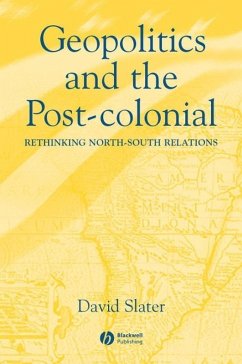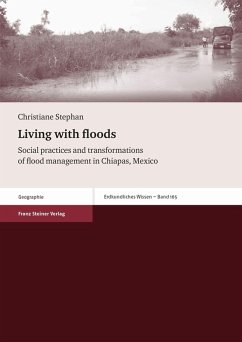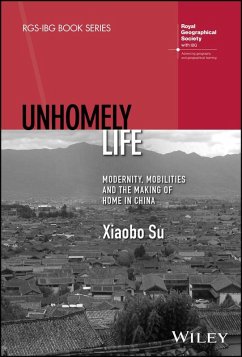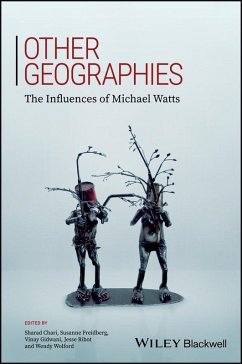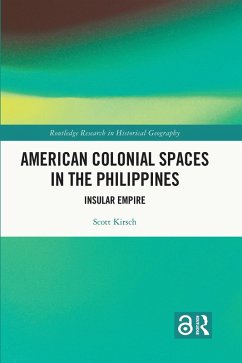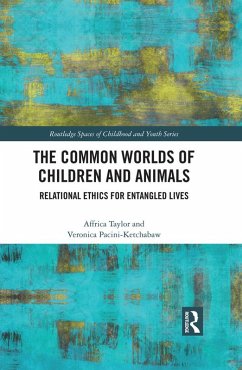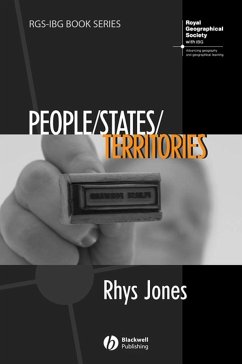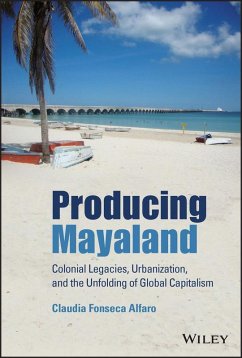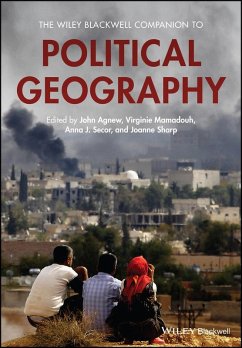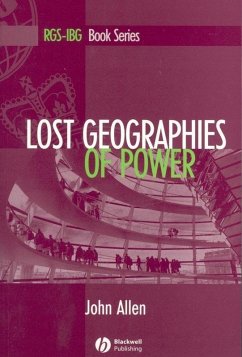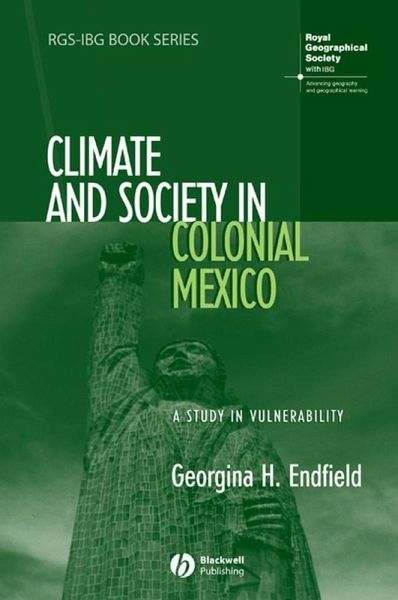
Climate and Society in Colonial Mexico (eBook, PDF)
A Study in Vulnerability
Versandkostenfrei!
Sofort per Download lieferbar
25,99 €
inkl. MwSt.
Weitere Ausgaben:

PAYBACK Punkte
0 °P sammeln!
By considering three case study regions in Mexico during the Colonial era, Climate and Society in Colonial Mexico: A Study in Vulnerability examines the complex interrelationship between climate and society and its contemporary implications. * Provides unique insights on climate and society by capitalizing on Mexico's rich colonial archives * Offers a unique approach by combining geographical and historic perspectives in order to comprehend contemporary concerns over climate change * Considers three case study regions in Mexico with very different cultural, economic, and environmental characte...
By considering three case study regions in Mexico during the Colonial era, Climate and Society in Colonial Mexico: A Study in Vulnerability examines the complex interrelationship between climate and society and its contemporary implications. * Provides unique insights on climate and society by capitalizing on Mexico's rich colonial archives * Offers a unique approach by combining geographical and historic perspectives in order to comprehend contemporary concerns over climate change * Considers three case study regions in Mexico with very different cultural, economic, and environmental characteristics
Dieser Download kann aus rechtlichen Gründen nur mit Rechnungsadresse in D ausgeliefert werden.




